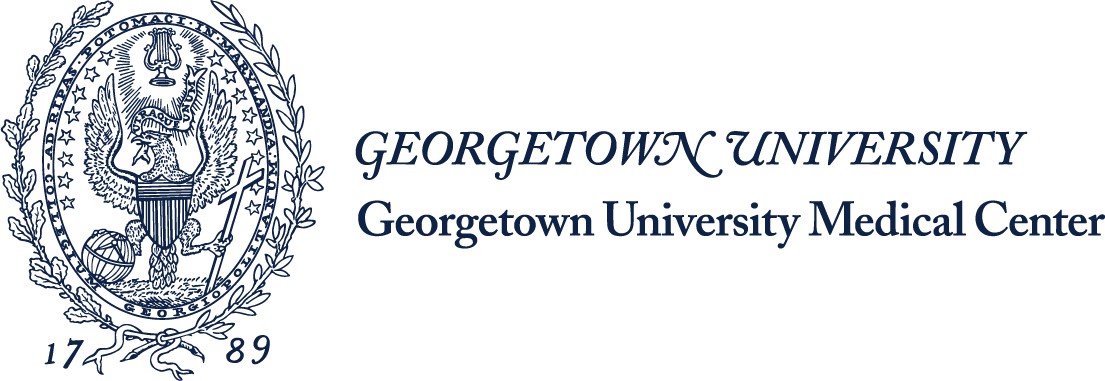“Global Action Plan” Urgently Needed to Bring the 2019-nCoV Under Control, Say Georgetown Global Health Experts

Posted in News Release | Tagged 2019 Novel Coronavirus, coronavirus, global health, infectious disease
Media Contact
Karen Teber
km463@georgetown.edu
WASHINGTON (January 30, 2020) — The World Health Organization should facilitate a multidisciplinary committee to develop a “global action plan” to help bring the 2019-nCoV outbreak under control, say three Georgetown University global health security and law experts.
Writing in JAMA, published online today, the Georgetown trio, who have worked on and studied global health governance for large outbreaks including SARS, Ebola and Zika, say employing traditional public health strategies to manage the outbreak requires international cooperation and solidarity.
The novel coronavirus, first identified in December 2019, is known to have sickened several thousand people around the world, primarily in China where it emerged. More than a hundred deaths are attributed to the ongoing disease outbreak.
The senior author of the JAMA Viewpoint article, Lawrence Gostin, JD, faculty director of the O’Neill Institute for National and Global Health Law at Georgetown law, says hard-learned lessons from the 2003 outbreak of SARS, a similar respiratory infection, are not being fully deployed.
“As a global health community, we know what it takes to control an outbreak like the one we’re experiencing now,” says Gostin. “But again, like with other outbreaks, we’re witnessing what happens when countries aren’t fully prepared or fully transparent in their strategies. We’re left playing catch-up. In addition, we need the WHO to use its global health leadership to declare a public health emergency of international concern so that we can see a full mobilization of financial and technical assistance.”
Joining Gostin in the call for a global action plan are Alexandra Phelan, SJD, LLM, LLB, a faculty member of Georgetown’s Center for Global Health Science and Security, and Rebecca Katz, PhD, MPH, professor and director of the Georgetown Center for Global Health Science and Security.
Phelan, Katz and Gostin write that the global action plan must include surveillance, contact investigations, testing and treatment, and provide a way of transparently sharing scientific information. The plan also should build in actions to foster public trust and cooperation, and incentivize academia and industry to develop vaccines and antiviral medications.
“While China has considerable resources and technical competence, containment of 2019nCoV requires a coordinated international response,” they write.
“Reacting after a novel infection has spread widely (perhaps over-reacting with travel bans and quarantines) costs lives, economic resources and the well-being of millions of people currently cordoned off in a zone of contagion.”
To arrange an interview with Phelan, Katz and/or Gostin, please contact Karen Teber at km463@georgetown.edu.
